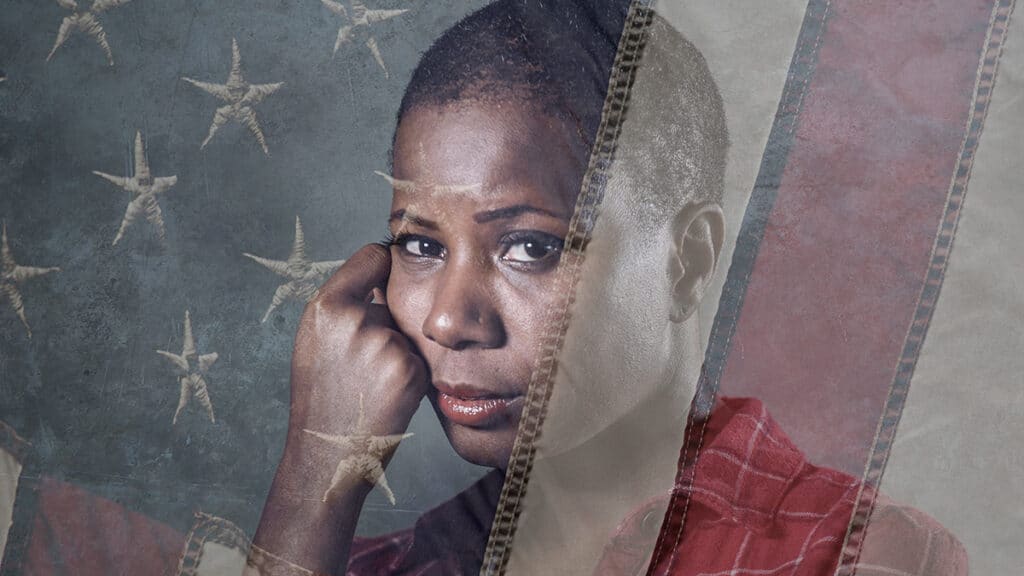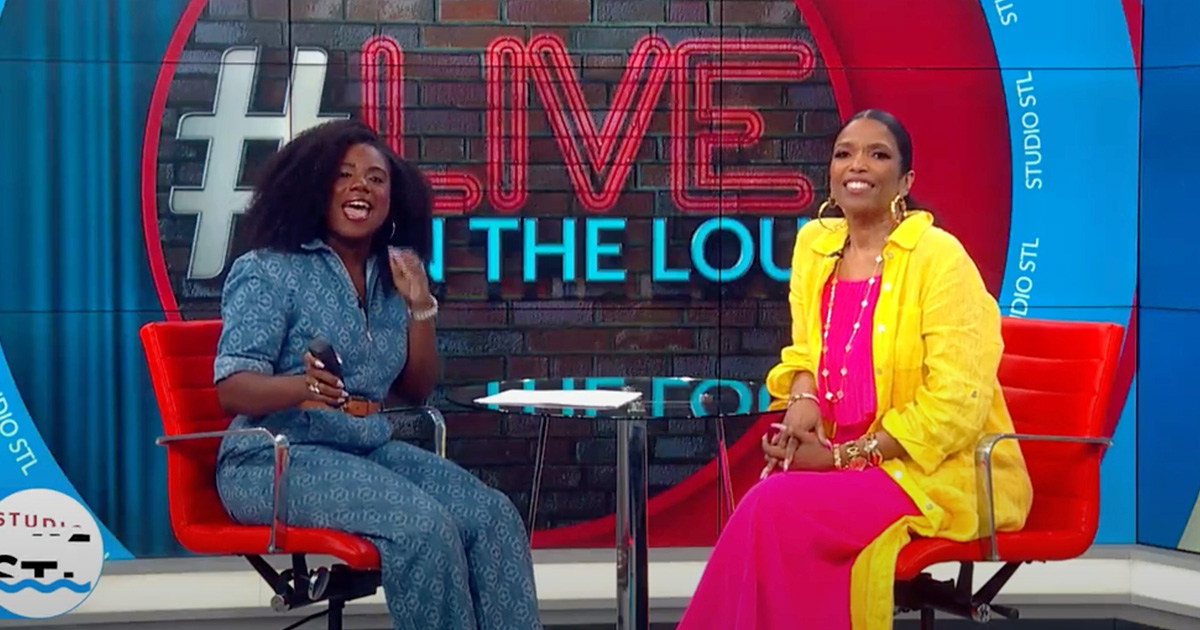“What, to the American slave, is your 4th of July? I answer; a day that reveals to him, more than all other days in the year, the gross injustice and cruelty to which he is the constant victim.” — Frederick Douglass
On July 4th, 1776, the Declaration of Independence was adopted by the Continental Congress to free America from the tyrannical rule of England. It famously states, “We hold these truths to be self-evident, that all men are created equal, that they are endowed by their Creator with certain unalienable Rights, that among these are Life, Liberty and the pursuit of Happiness.”
When those words were inked and signed, the equality and rights mentioned did not extend to all Americans — they did not extend to women, Indigenous people, or Black Americans, and especially not to the Black Americans who were still enslaved and would remain so for years to come.
Every year, when July 4th rolls around, there will be American flags flying, red, white, and blue clothing and decorations. There will be parades and celebrations, barbecues and picnics. But for some Black Americans, whether or not they participate in the outward displays of patriotism or celebrate the day in any capacity, the Fourth of July is a fraught holiday.
The Truth Behind The Fourth of July
As this article in the Cornell Chronicle points out, when the Declaration of Independence featured in the July 15, 1776 issue of the New-York Gazette, it ran alongside not one but two notices about Black men who had escaped their enslavers. This fact encapsulates how while part of the country was celebrating freedom, freedom would allude other populations for generations to come.
As George Washington helped lead the Continental Army, and while Thomas Jefferson and James Madison worked on the Declaration of Independence, enslaved people toiled in their homes and in their fields. In fact, 41 out of the 56 signers of the Declaration of Independence owned slaves. Furthermore, Independence Hall, where the Declaration was signed on the first floor, processed fugitive slave violations on the second floor. Even the full version of “The Star Spangled Banner” contains racist language.
With all of that hypocrisy, it’s no wonder that Frederick Douglass’s impassioned 1852 speech had so much resonance at the time, and has continued to be significant to this day. Douglass was invited by the Rochester Ladies’ Anti-Slavery Sewing Society to speak on July 5th, 1852 in Rochester, New York to a crowd of around 600 people.
Even the date of Douglass’s speech, July 5th, was meaningful. For one, it marked the day in 1827 when Black New Yorkers celebrated the end of slavery in the state the day before. Additionally, slave auctions were sometimes held on the Fourth of July, giving the holiday yet another negative connotation. Lastly, the 5th of July was also deemed a safer day for Black Americans than Independence Day, because the Fourth of July meant the potential for violence from white Americans who were celebrating.
Outward displays of Black patriotism, no matter what day they were celebrating on, have historically been met with white violence. An 1841 parade by Black communities in Cincinnati celebrated the emancipation of the West Indies, and the ensuing clash with a white mob became one of the most violent altercations against a free Black community prior to the beginning of the Civil War. Similar violent incidents occurred in cities like Boston and Philadelphia.
For a while immediately following the Civil War, Black Southerners in certain areas, such as Memphis, actually celebrated the Fourth of July with grand parades and events. Their white counterparts did not, because the white people perceived the Fourth of July as a commemoration of the end of the Confederacy. However, after Reconstruction efforts were all but abandoned and Jim Crow laws were introduced, the Fourth of July once again became a date of hypocrisy to Black Southerners.
What Celebrations May or May Not Look Like
Many Black Americans to this day continue to celebrate on July 5th, whether it’s because of Douglass’s speech, their family’s tradition, the ugly history of the Fourth of July, or some combination of those and other reasons.
Juneteenth is also an alternate or additional means of celebrating Black pride, freedom, and empowerment. Juneteenth marks June 19th, 1865, when Major General Granger and thousands of federal soldiers enforced General Order Number 3, freeing the last enslaved people in the Confederacy. For 150 years, Black Americans in the South and beyond have celebrated Juneteenth with family picnics, parades, and more.
In 2021, the Biden administration made Juneteenth a national holiday. And while acknowledging the importance of Juneteenth is a positive step, it’s critical to note that, like the Fourth of July, Juneteenth is intrinsically tied with white dishonesty.
Some Black Americans might celebrate the Fourth of July. They may treat it simply as a day off of work to spend time with family, enjoy some barbecue, and socialize with their community. For others, they might commemorate the ongoing fight for equality, and reinforce the idea that this country is as much theirs as it is anybody else’s.
The Fight for Black Freedom Continues Today
No matter how Black Americans choose to mark the Fourth of July, it’s important to acknowledge that it is a complicated, nuanced issue. This is especially true given the current state of American discourse and American politics.
From the push by conservative activists and leaders to deny the facts of our history and fight against teaching critical race theory, to omnipresent systemic racism, the reality is that Americans in the BIPOC community are still not as free as white Americans. Black and Latinx people are incarcerated at disproportionately higher rates. Anti-immigration laws keep people in cages at our borders. The unprecedented ruling by the Supreme Court in the matter of Roe v. Wade will undoubtedly cause the greatest harm to Black women.
This Fourth of July, mark the occasion how you choose. But don’t ignore the historical reality of the day. Get involved — donate, self-educate, and continue to fight for the freedom of Black Americans.
About the Author
AREVA MARTIN is one of the nation’s leading voices for Autism advocacy. An award-winning attorney, advocate, legal and social issues commentator, talk show host, and producer, she is a CNN/HLN legal analyst, former co-host of The Doctors and Face the Truth, and a regular contributor on Good Morning America, ABC World News Tonight, and Dr. Phil. She currently hosts The Special Report with Areva Martin and is the Host and producer of a weekend radio talk show, Areva Martin Out Loud, on KBLA AM 1580. A Harvard Law School graduate, Martin founded Martin & Martin, LLP, a Los Angeles–based civil rights firm, and is the CEO of Butterflly Health, Inc., a mental health technology company.



